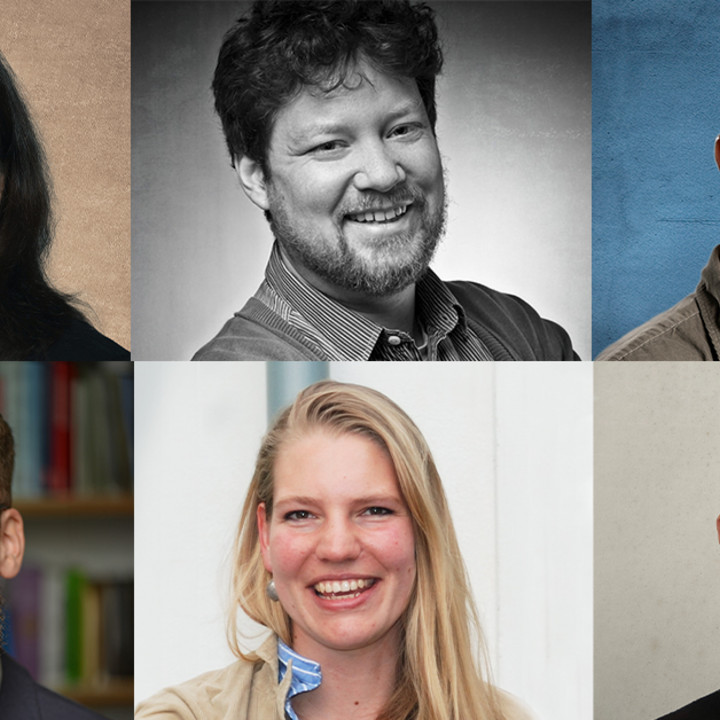New report on the state of Danish research

21.03.2023 l Latest news
In the report “The scientific impact of Danish research 1980-2020”, researchers from Aarhus University examine the impact of Danish research articles. The report was commissioned and funded by the Novo Nordisk Foundation and VILLUM FONDEN and is an update of the report “Fostering breakthrough research” from 2012.
In 2012, the Swedish report “Fostering breakthrough research” attracted quite a lot of attention in Denmark. The report, written by the long-standing chair of the Nobel Committee Professor Gunnar Ökvist, together with Professor Mats Benner, presented a bibliometric study showing an unusually impressive development in the influence of Danish research from 1990 to 2010. The increase in citations of Danish research articles was so extraordinary that the development was referred to as ‘the Danish miracle’. Since then, there have been indications of stagnation in academic impact. The new study updates the bibliometric analysis of Danish research.
The study was carried out by Professor Jesper Wiborg Schneider and Senior Researcher Maria-Theresa Norn from the Danish Centre for Studies in Research and Research Policy at Aarhus University, who have studied how we measure scientific impact of Danish research for many years. It summarises an extensive survey of the citation impact of published research articles.
“For many years we have regarded Danish research as being among the best in the world. However, the researchers behind this study have found that the scientific impact of Danish research has been on the decline for a number of years. Their report provides solid data that can be used to discuss research strategy and priorities in light, of course, of societal needs and the broader societal impact of the research,” says Thomas Bjørnholm, Executive Chief Scientific Officer at VILLUM FONDEN.
Danish declineThe research report, which will be presented at a conference on 21 March, shows that:
Since 2010, there has been a continuous decline in the citation impact of publications by researchers affiliated with Danish universities. There has also been a decline in the countries that are often compared to Denmark, but the Danish decline is more significant.
- In 2010, Denmark was part of a small group of countries with the highest citation impact. Today, Denmark is part of a much larger group of countries with lower impact – though still above average.
- The decline is observed across universities and disciplines – from medicine and the technical and natural sciences to humanities and the social sciences.
- The decline in impact is greater for publications written by researchers from Danish institutions than for publications co-authored by international researchers.
- Among the 10% most cited articles, there is a decrease in the proportion of publications written by researchers affiliated with Danish universities.
- Denmark’s overall citation impact is propped up by international collaboration with leading foreign authors with exceptionally high citation impact. The decline has happened in parallel with an increase in Denmark’s total share of publications and published researchers and the synchronous growth in the Danish research system over the past ten years.
When a researcher refers to another researcher’s work in an article, it is called a ‘citation’. The number of citations is often used to measure scientific impact. Citations are not synonymous with research quality but indicative of use, visibility or influence. Greater visibility (as a researcher, institution or journal) increases the likelihood of receiving multiple citations.
The study does not point to a single main explanation for the development. The growth in international research collaboration and increased research output from China play a role, but do not fully explain the decline in the citation impact of Danish research publications. Almost every other article now has co-authors from the United States and/or China.
“The report underlines the value of international research collaboration and how important it is that we collaborate with strong research environments across national borders. At the same time, other countries have started prioritising research, so we also need to look inwards and see what we can do to get back to the top,” says Thomas Alslev Christensen, Senior Vice President, Impact, Novo Nordisk Foundation.
Download the research report:



